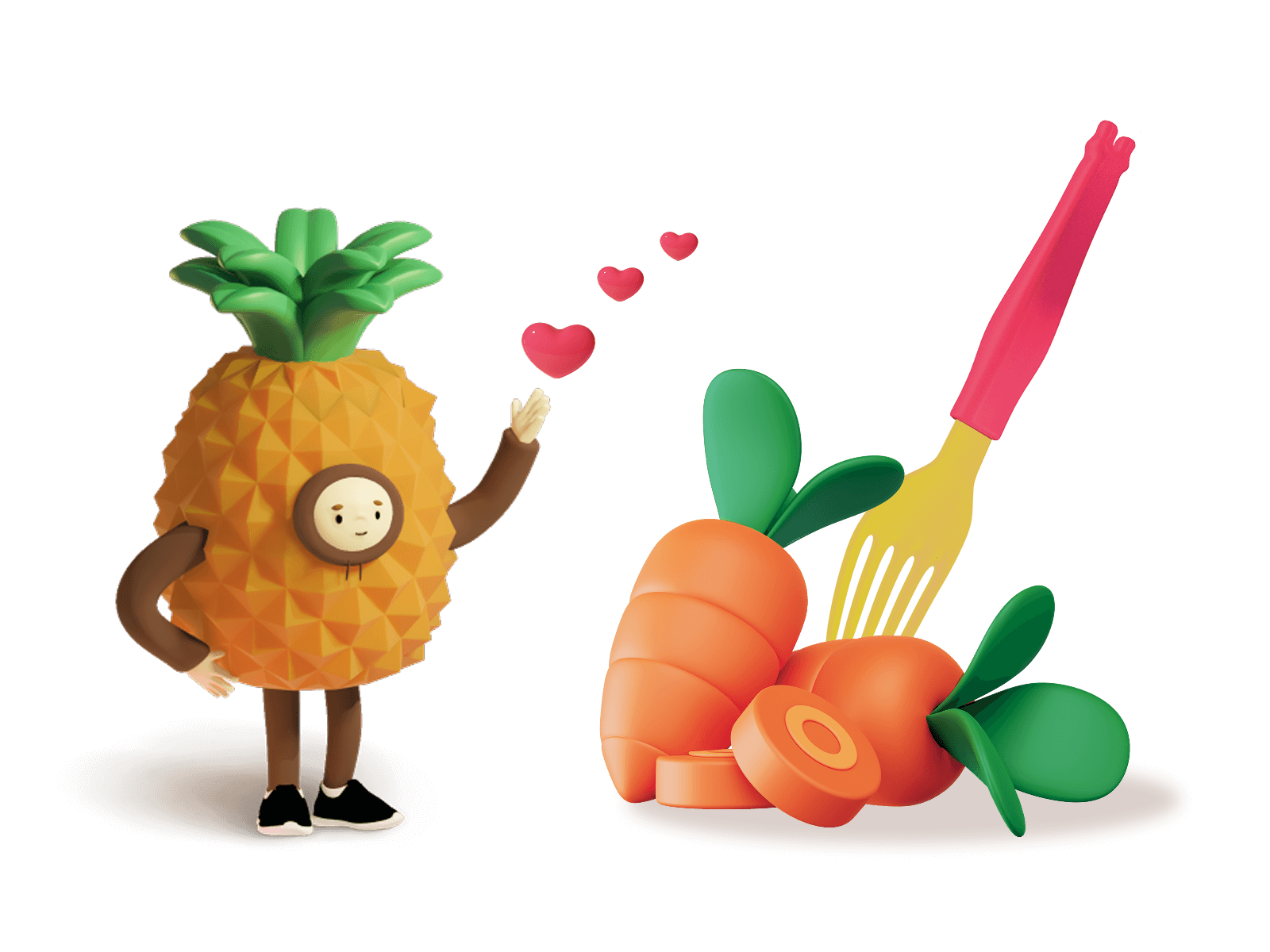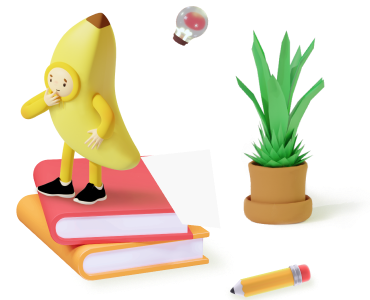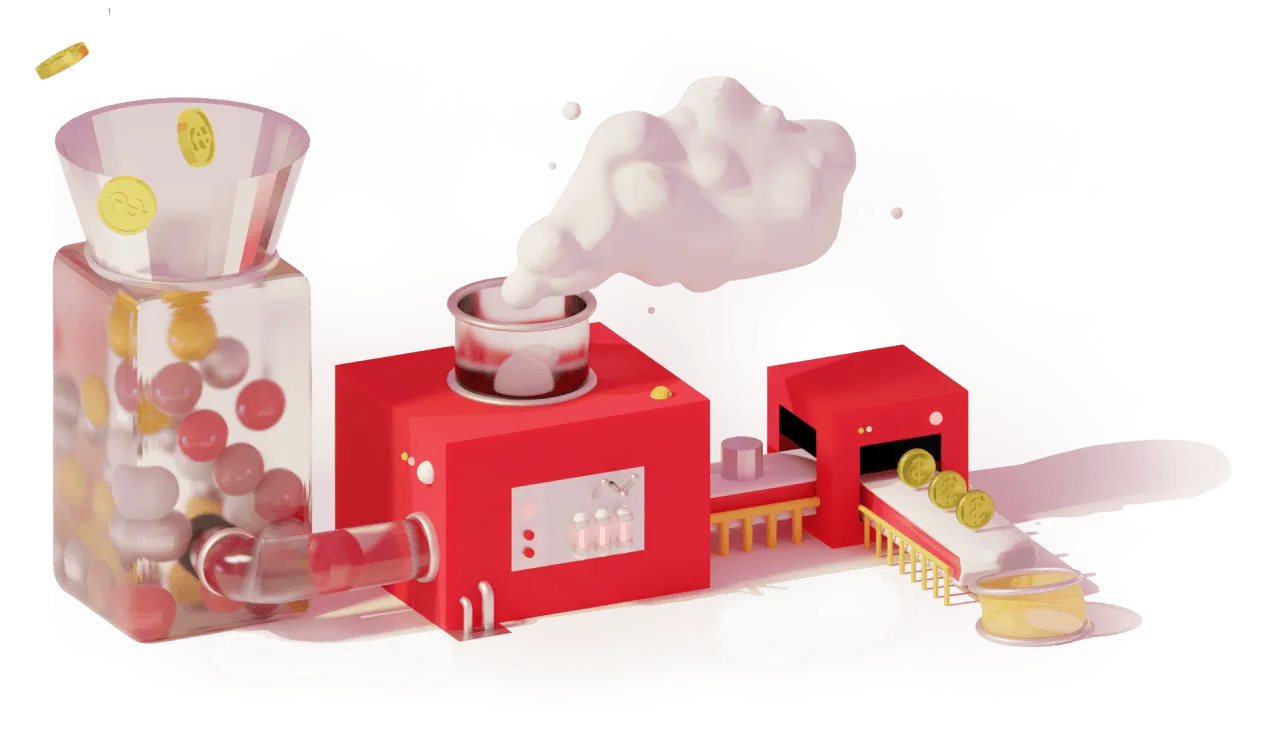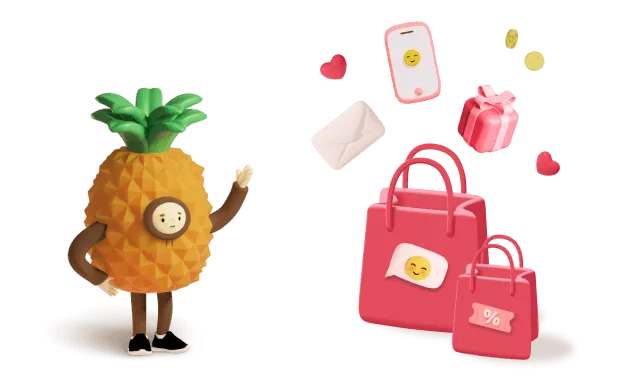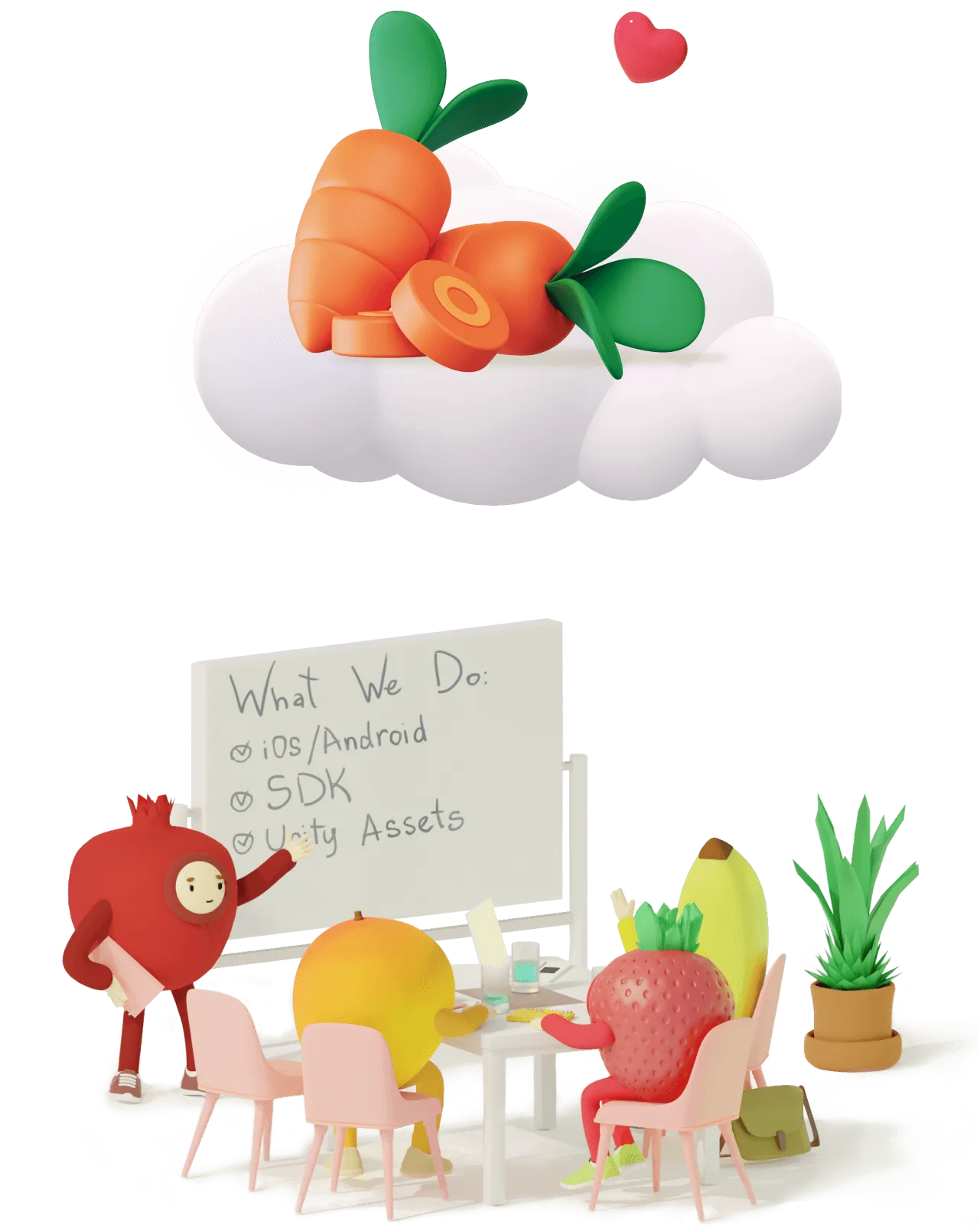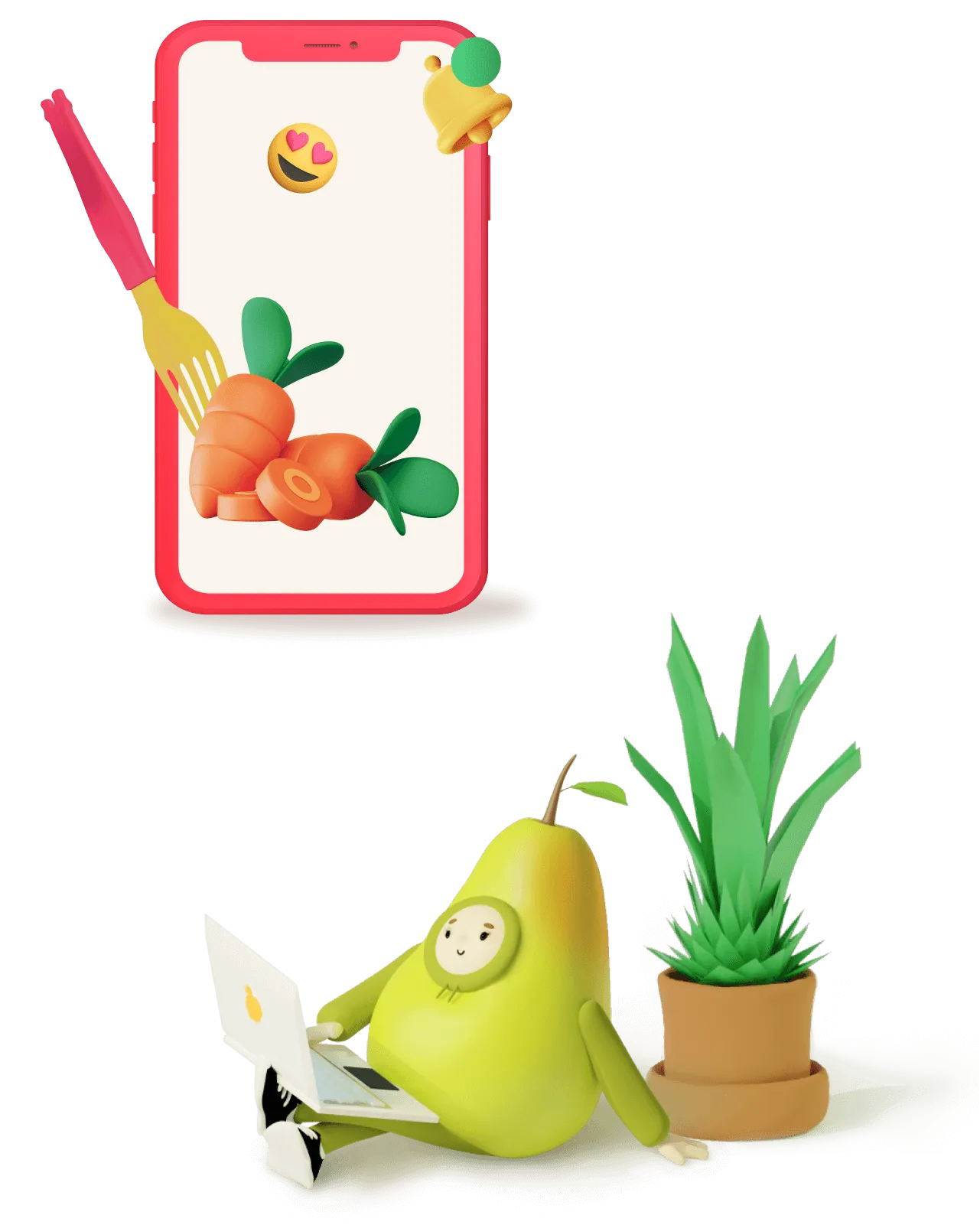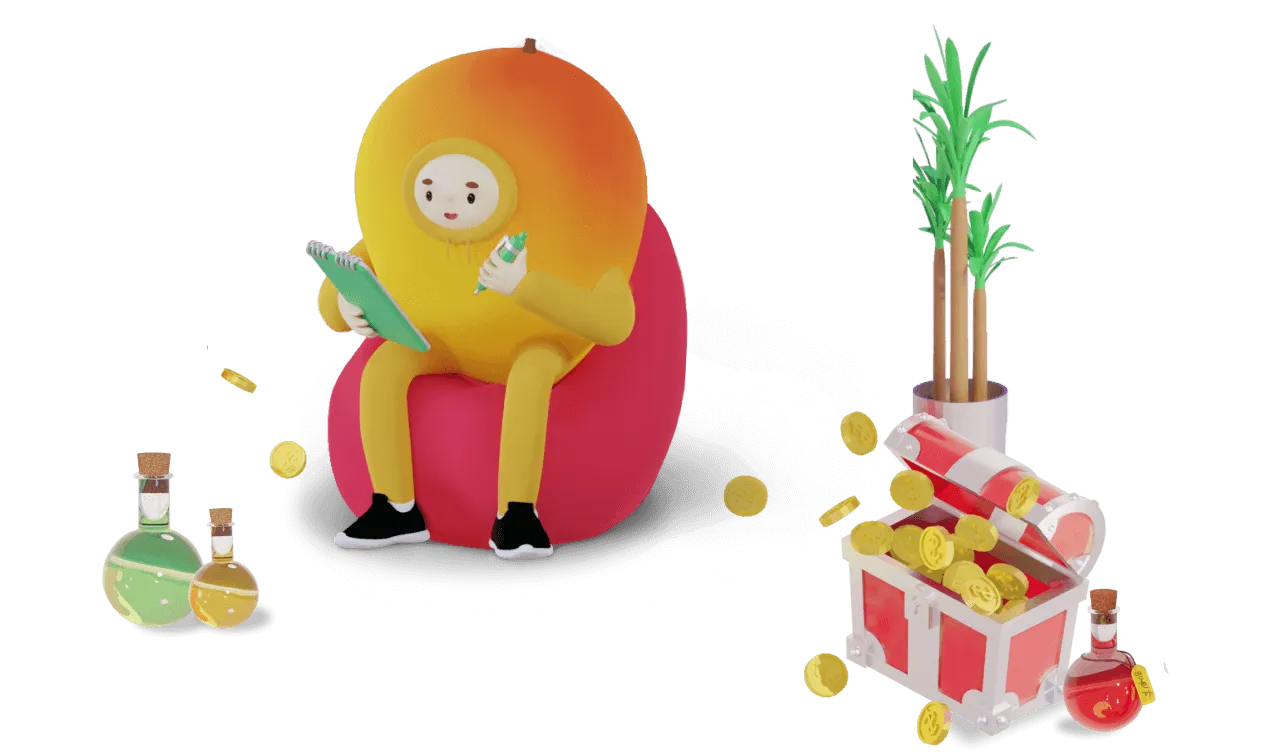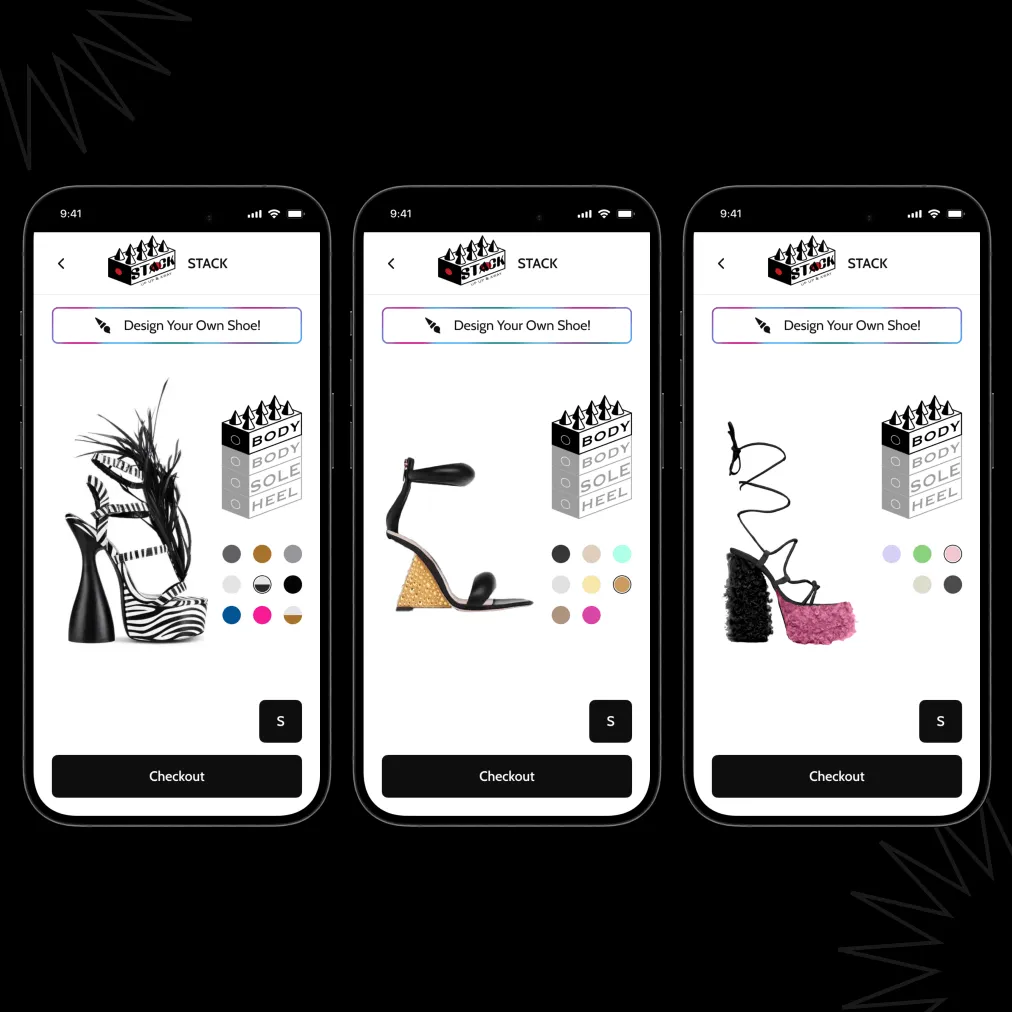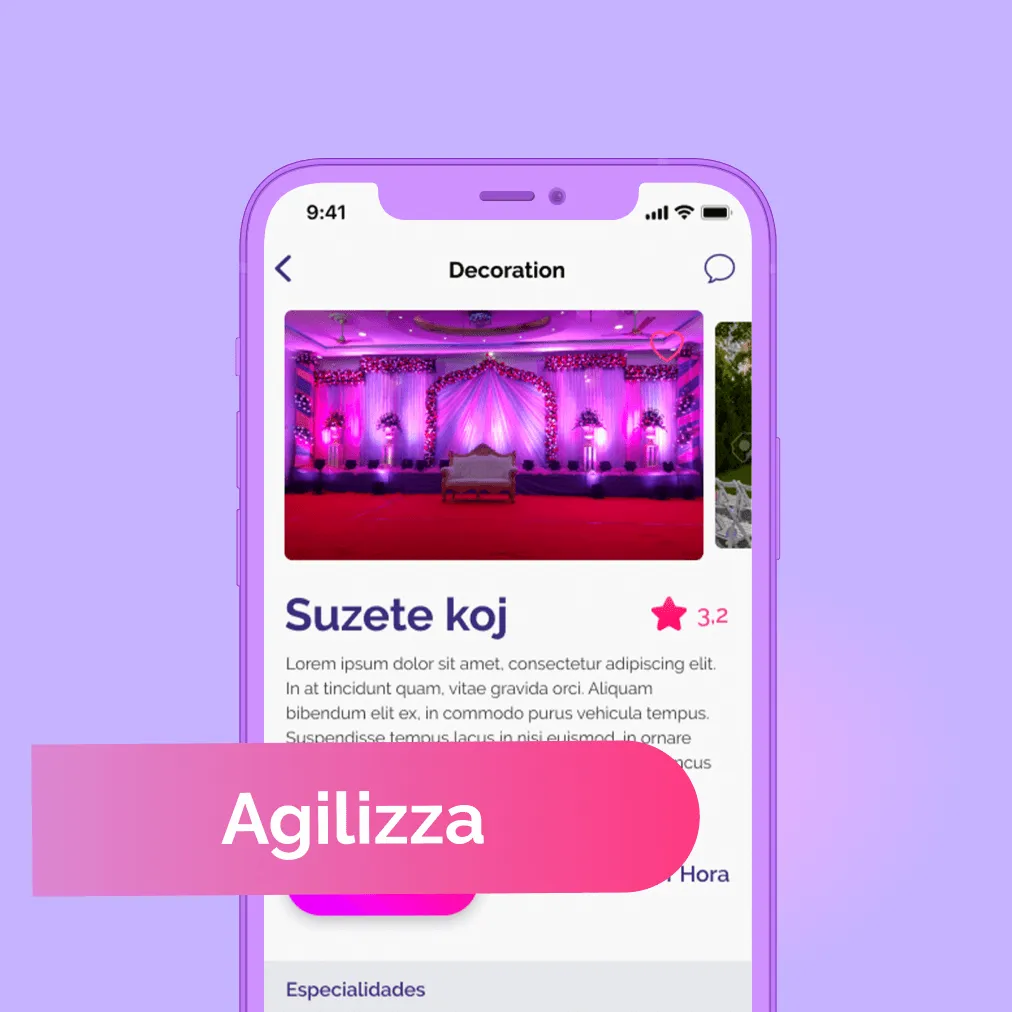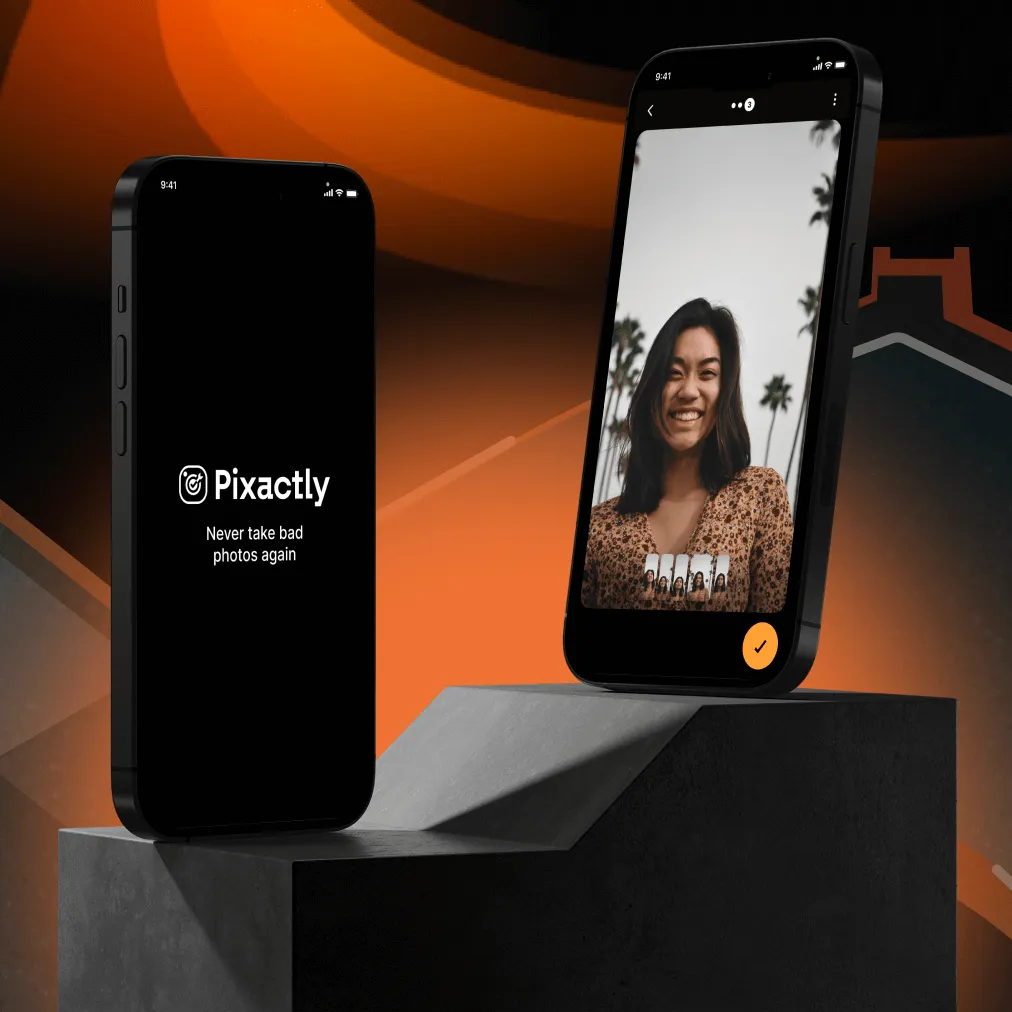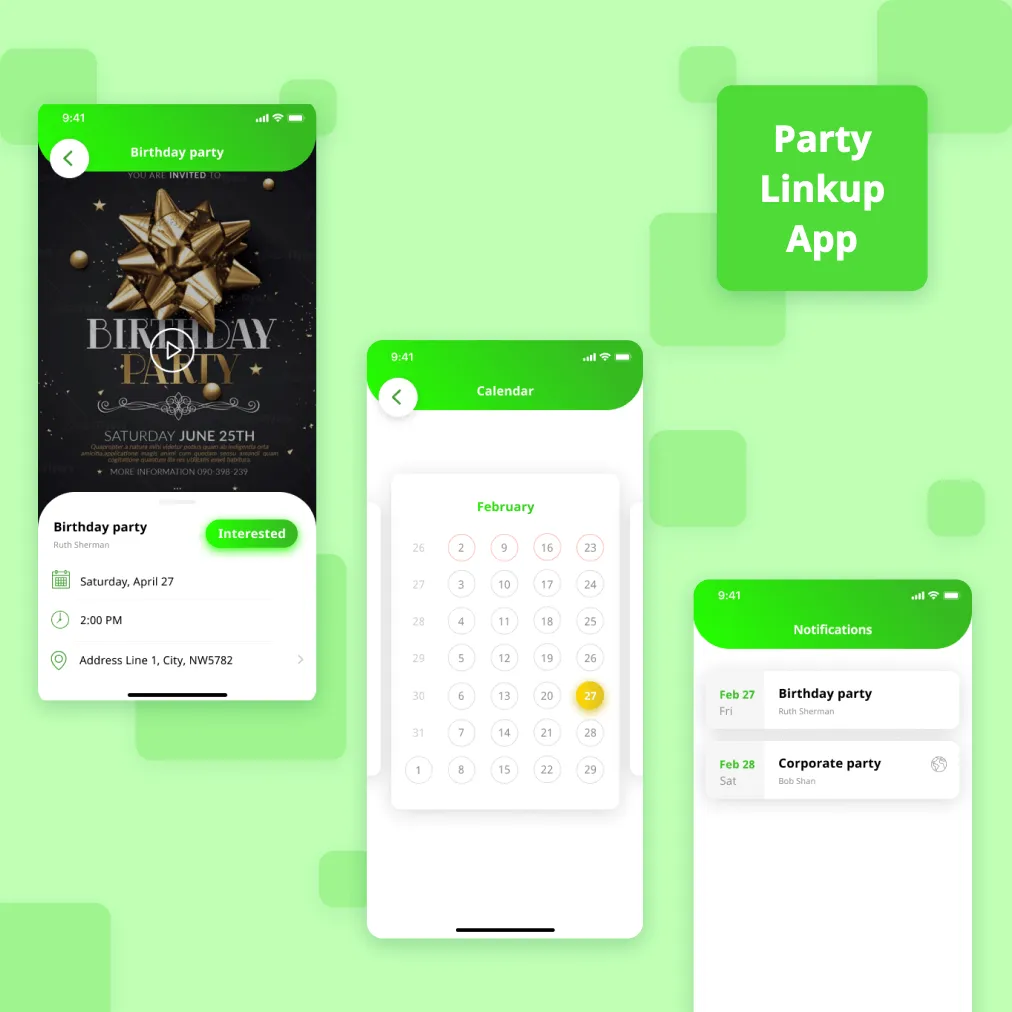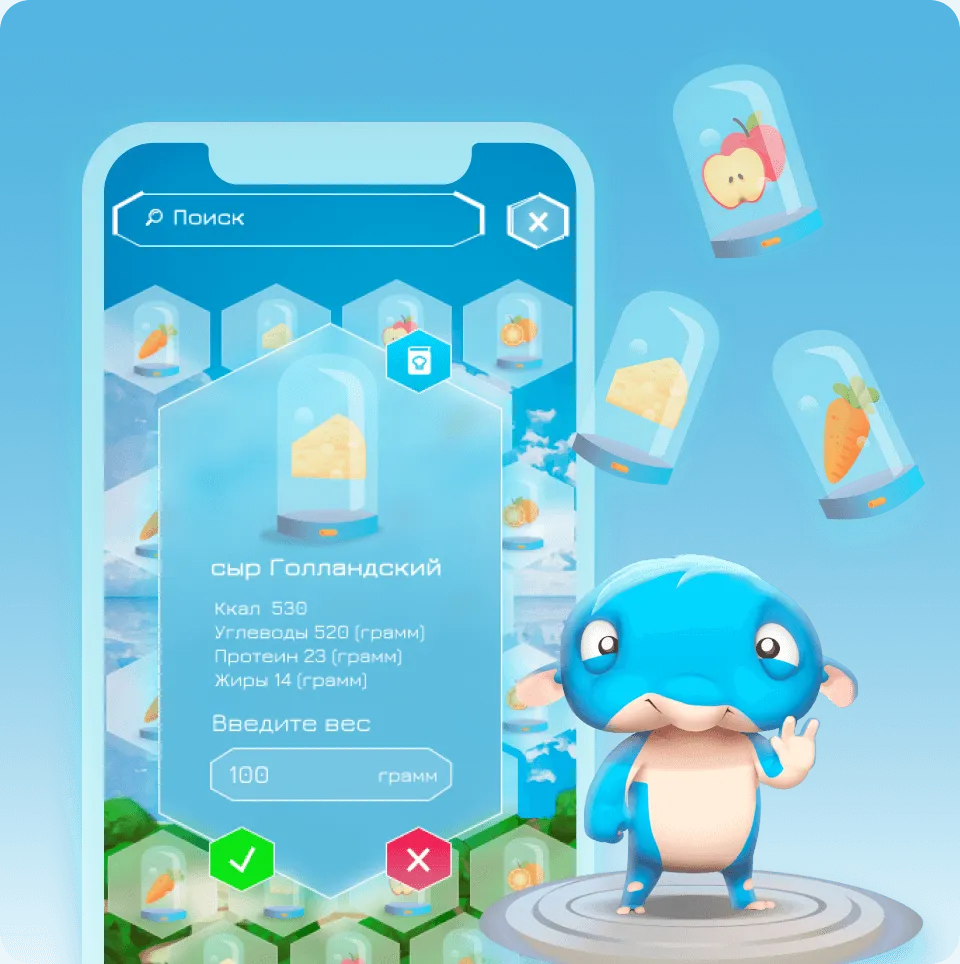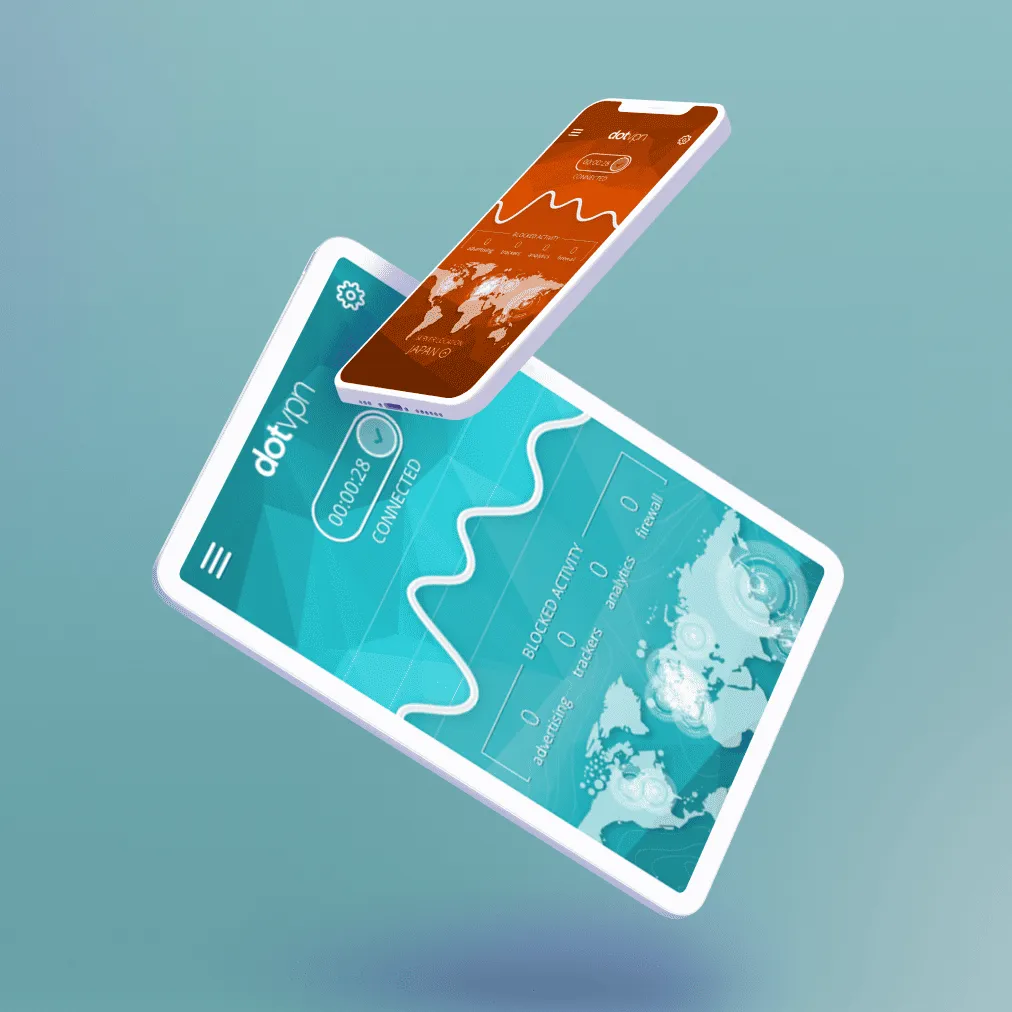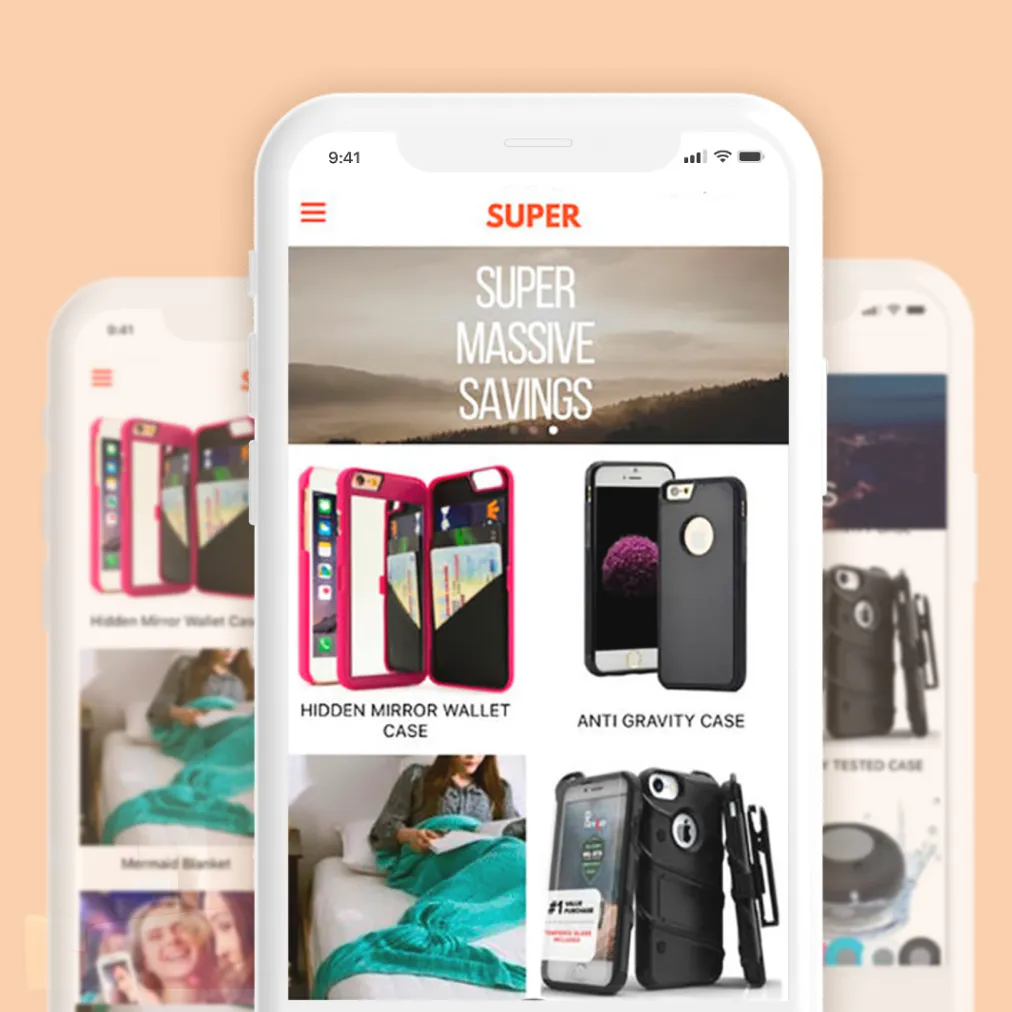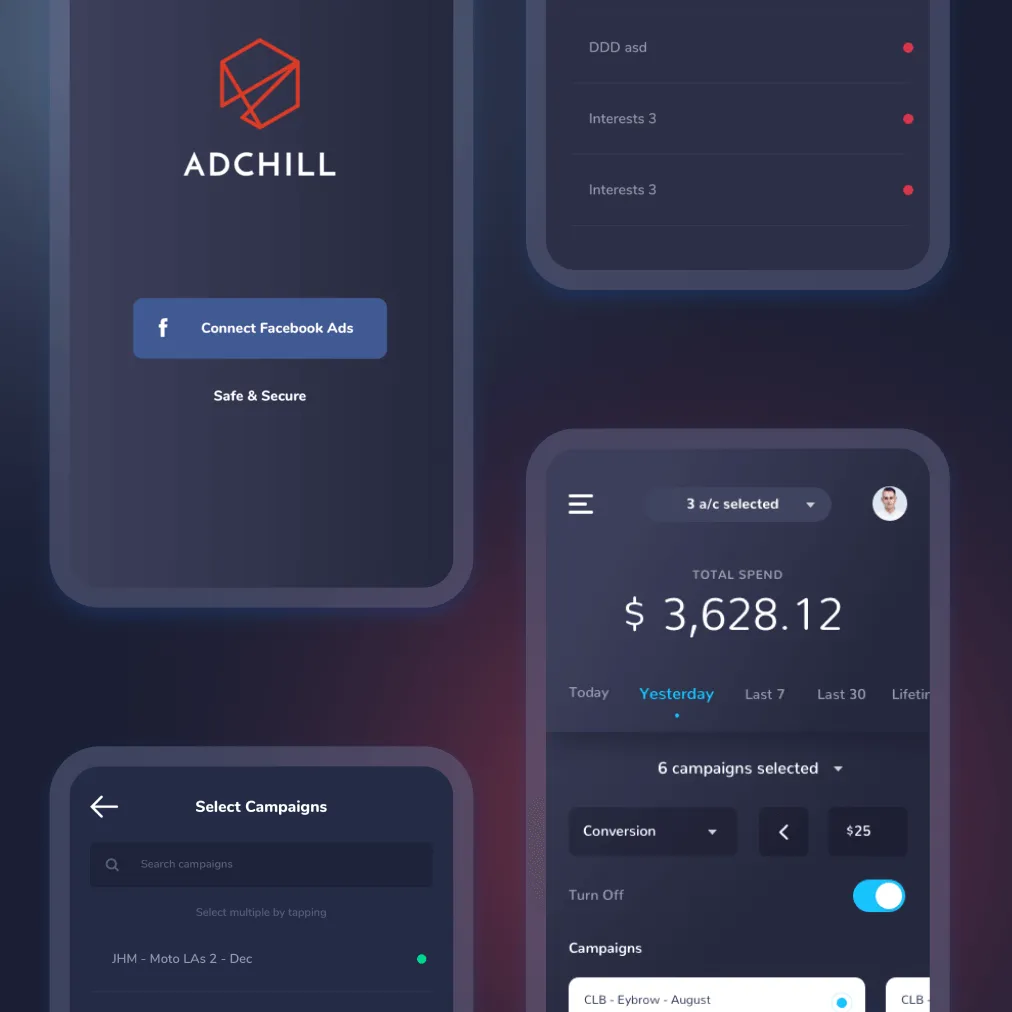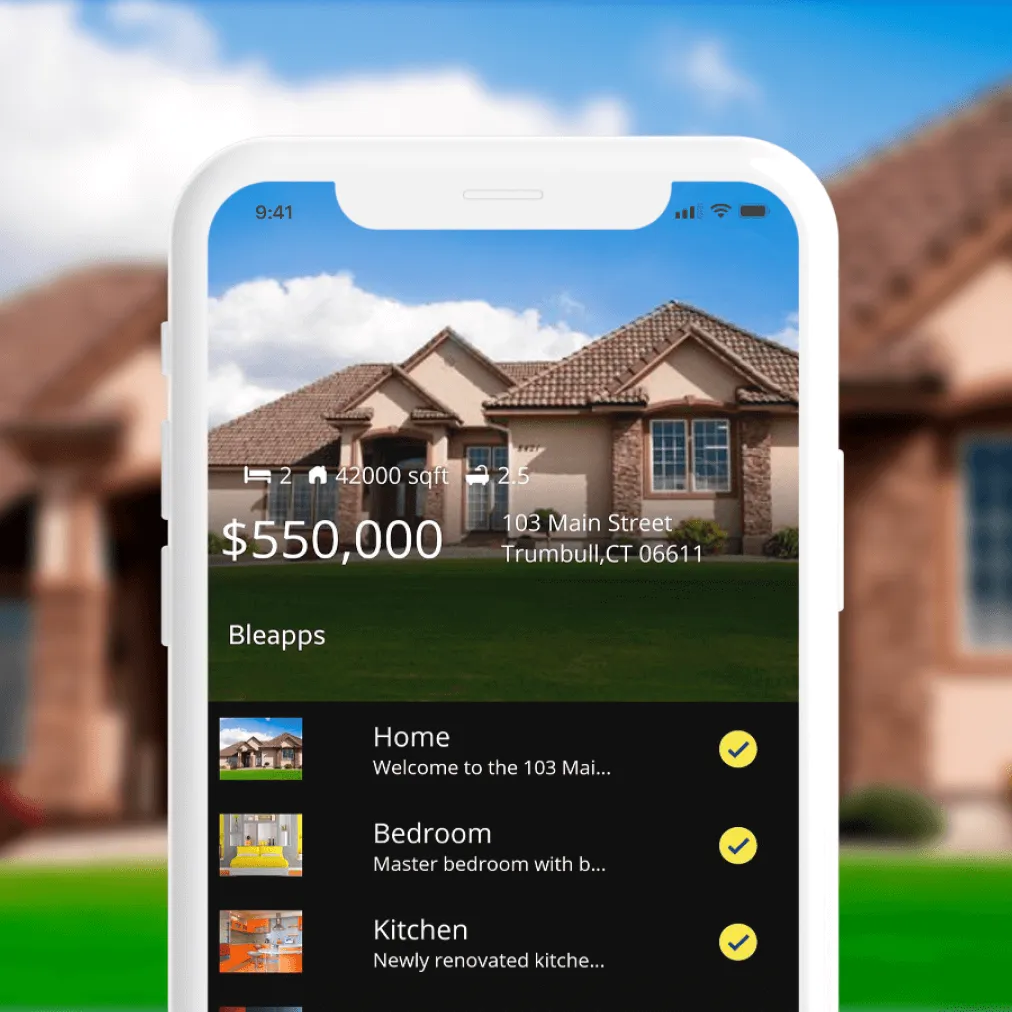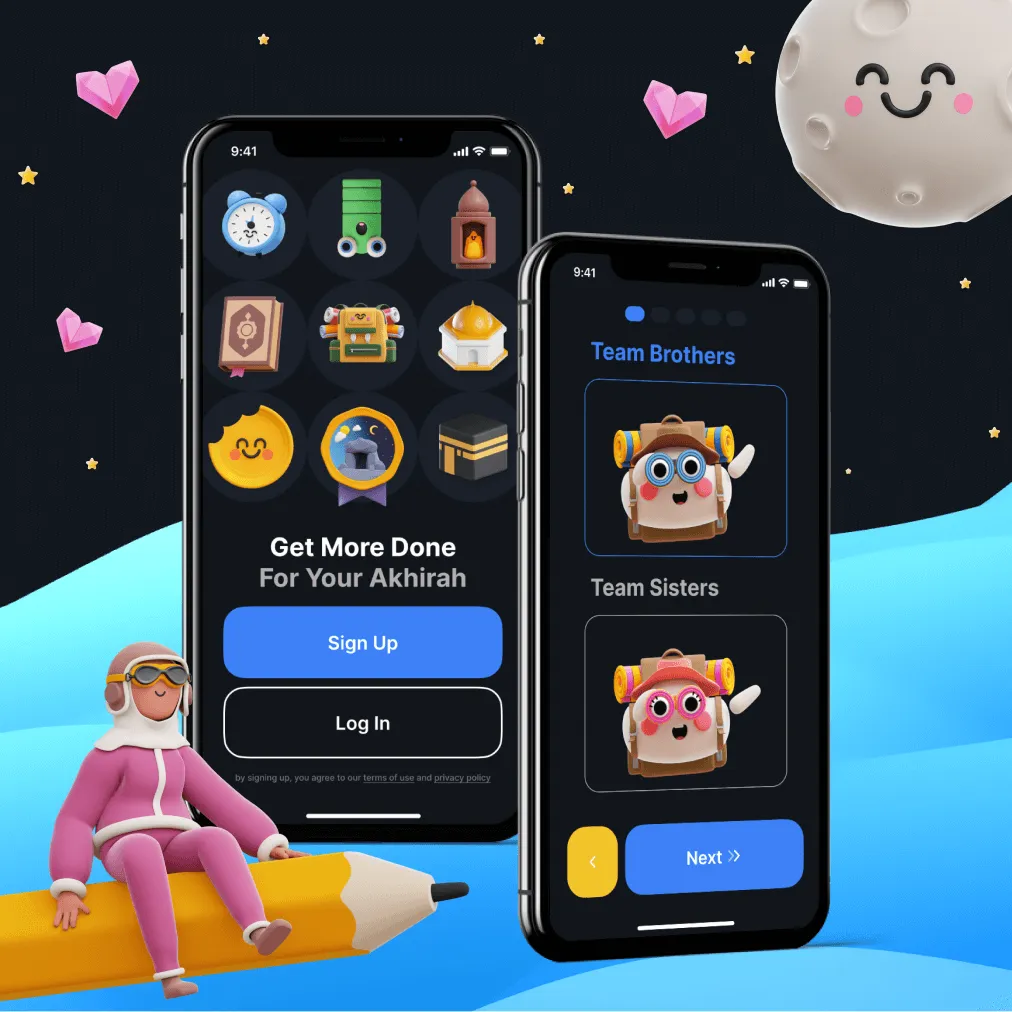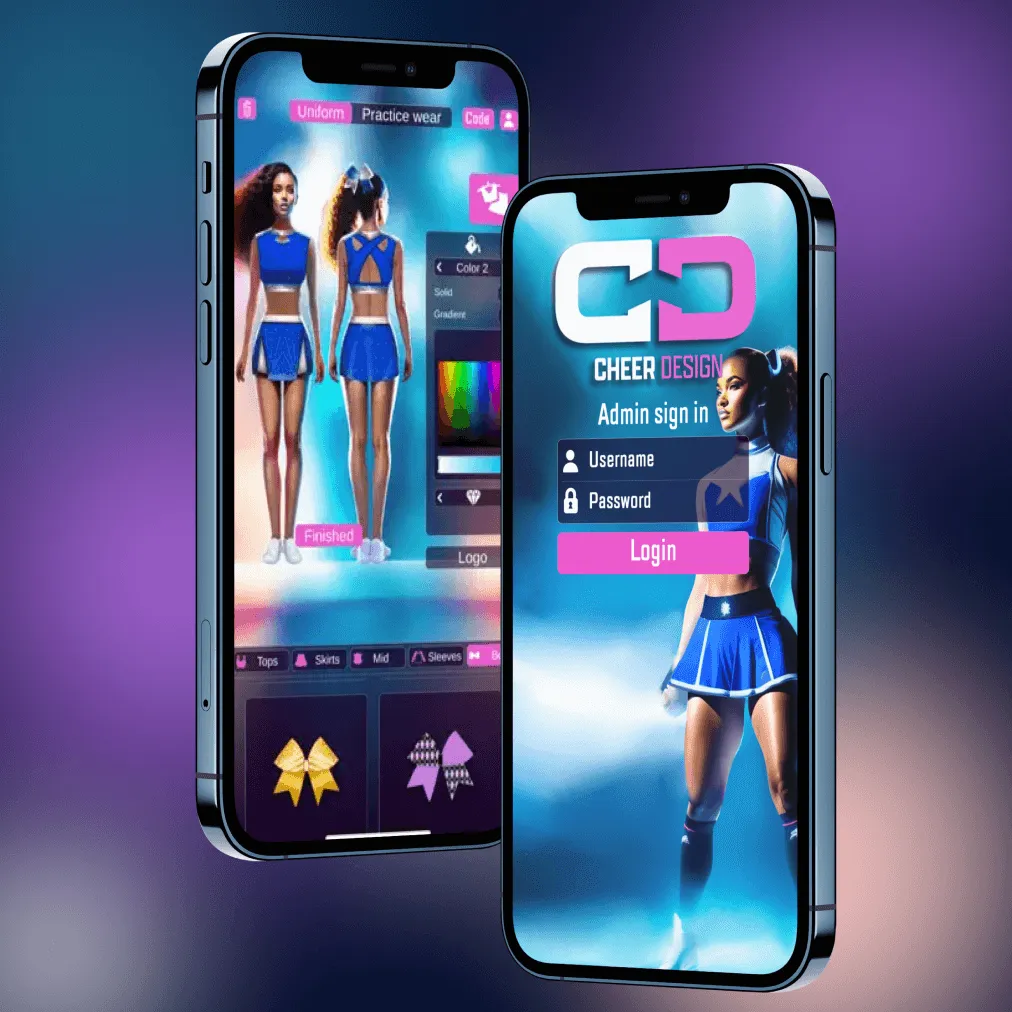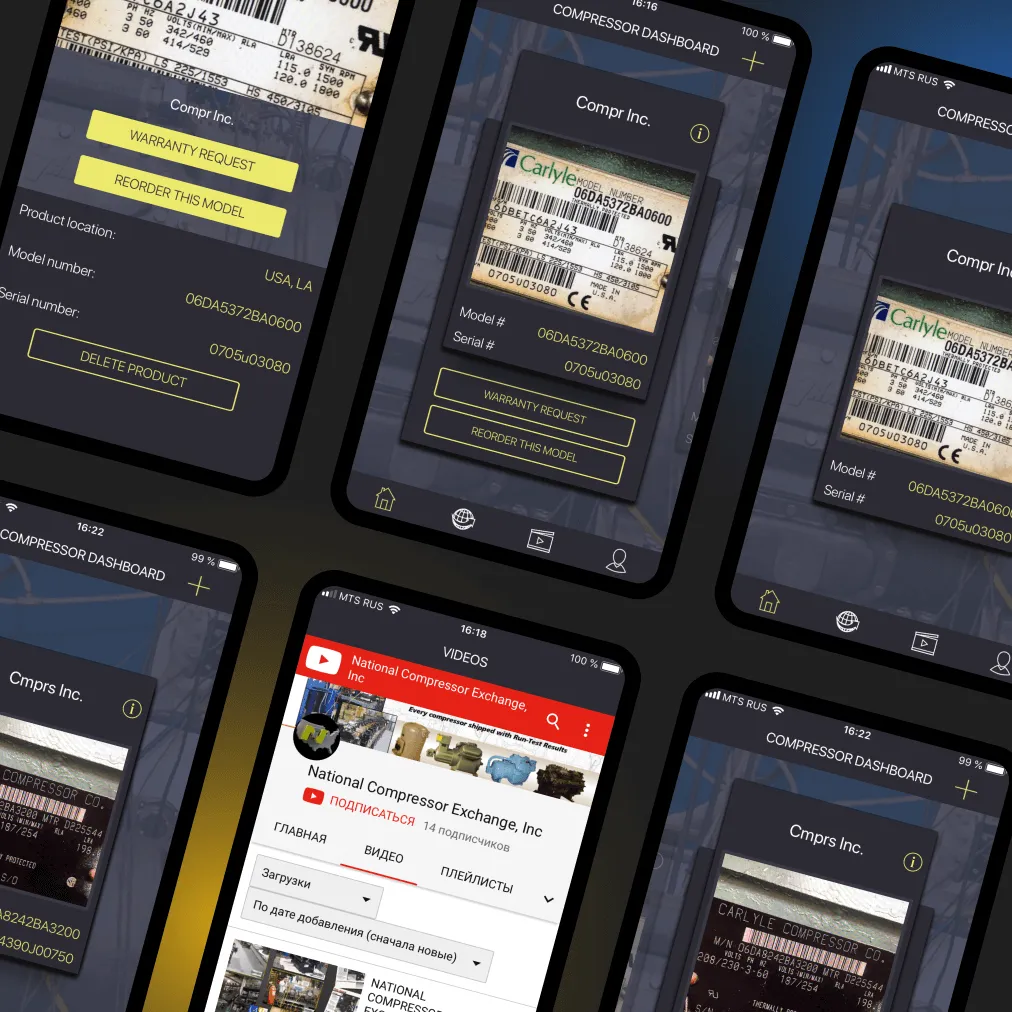Services of this nature offer businesses an opportunity to stay connected with their customers. On such platforms, users can effortlessly order food online, share reviews of their favorite dishes, reserve tables, and discover popular establishments for an enjoyable dining experience
Such software can be further categorized into subtypes:
- Table Reservation Services: These facilitate the online reservation process at a restaurant or catering establishment, eliminating the need for visitors to call or message the establishment's staff
- Review Services: These platforms provide customers with the opportunity to rate dishes and share their impressions. Cafes and restaurants benefit from valuable feedback on the menu and service quality
- Food Delivery: This is the most popular software category, allowing users to order their favorite dishes with home delivery through these programs
- Search Applications: These apps help users find cafes and restaurants in their vicinity. Such software often includes additional features, such as the ability to rate the establishment or leave feedback on the quality of service. This not only allows users to gauge the experiences of other visitors but also aids in deciding where to go for breakfast or dinner
